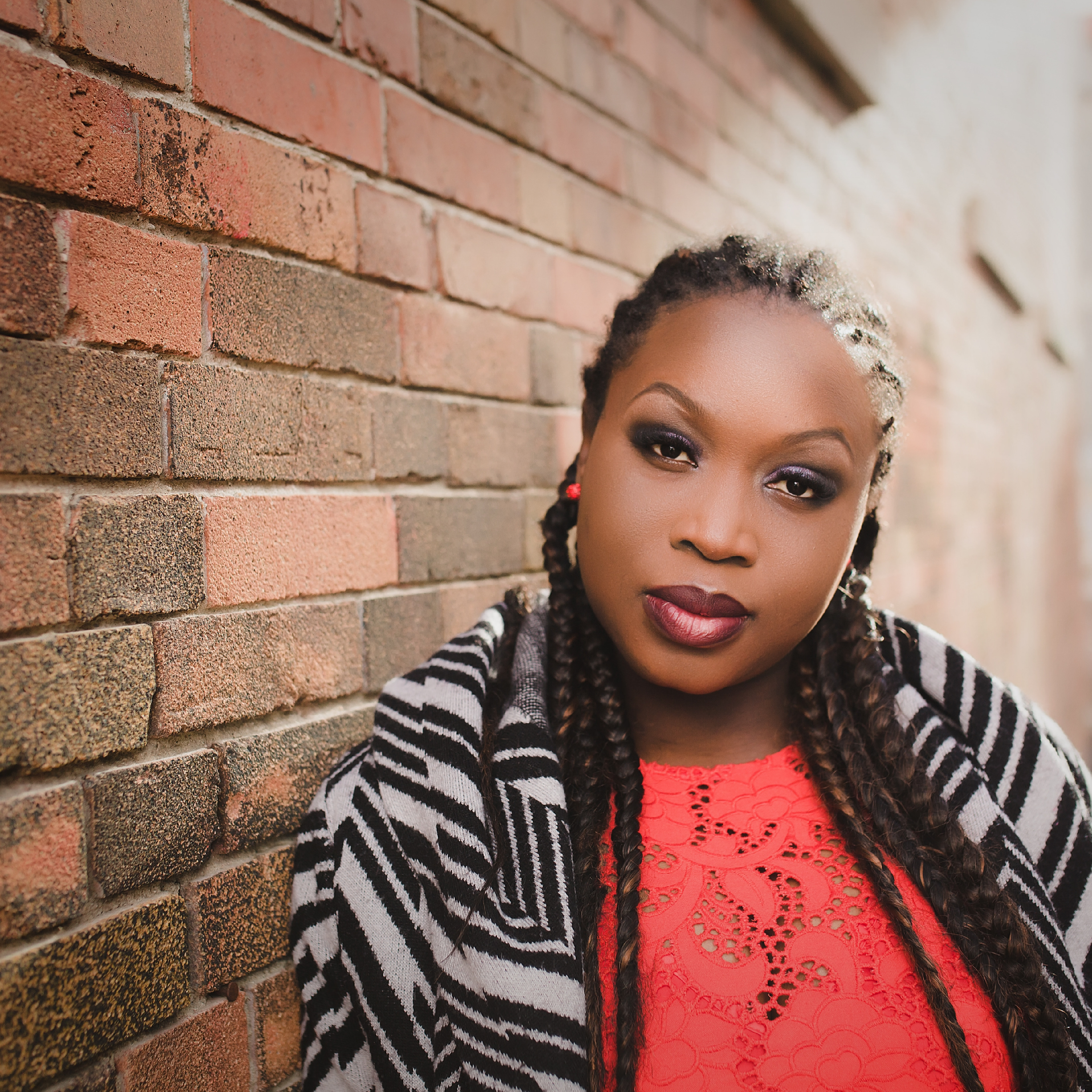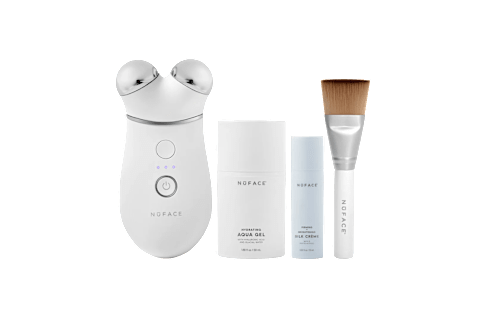As a society, we are quick to attribute skills and success to natural talent or opportunities given to us. For example, we might say that a successful athlete was “born with a gift” or that a wealthy businessperson “came from a family of privilege.” While there is no denying that some people do have advantages […]
Thrive invites voices from many spheres to share their perspectives on our Community platform. Community stories are not commissioned by our editorial team, and opinions expressed by Community contributors do not reflect the opinions of Thrive or its employees. More information on our Community guidelines is available here.
By
- Dr. Tomi Mitchell, M.D | Leadership Coach| Mental Health & Wellness Coach at Dr. Tomi Mitchell Holistic Wellness Strategies

It is often said that success is hard work and dedication. While these things are undoubtedly important, the reality is that our success is ultimately our responsibility. No one else can make the decisions that will determine our future; it is up to us to make the most of our talents and opportunities. This may seem daunting, but it is very empowering. When we take responsibility for our lives, we gain control over our destiny. We can decide what kind of person we want to be and what kind of life we want to lead. But, of course, taking responsibility requires us to be mindful of our habits and choices. We need to be diligent in our efforts and proactive in our approach. But if we are willing to put in the work, the rewards will be more than worth it. So remember: the bottom line is that your success is ultimately your responsibility.
Make the most of your talents and opportunities, and you will achieve great things.
Remember, we are what we believe. Our beliefs shape our actions which create our results. If we want to change our results, we must first change our efforts. And to change our actions, we must first change our beliefs. This is the process of creating new habits.
When it comes to creating new habits, there are two essential types of beliefs: what you believe about yourself and what you believe is possible. Our beliefs about ourselves shape our identity. They determine who we think we are–our limitations, abilities, and potential. Our thoughts about what is possible shape our expectations. They set the bar for what we believe we can achieve.
To create new habits, we must first change our beliefs about ourselves and what is possible. Then, we must become open to new possibilities and raise our expectations. Only then will our daily habits begin to change, and only then will our results start to change.
If you want to change your habits, start by changing your beliefs. It all starts with what you think is possible.

Dr. Tomi Mitchell, M.D | Leadership Coach| Mental Health & Wellness Coach at Dr. Tomi Mitchell Holistic Wellness Strategies
I am Dr. Tomi Mitchell, MD. I help executives and leaders eliminate burnout so that they can increase productivity in the workplace. I provide wellness and mental health training for executive leaders, business owners, and purpose-driven leaders. I am a speaker, trainer, writer, and host of The Mental Health & Wellness Show podcast.








